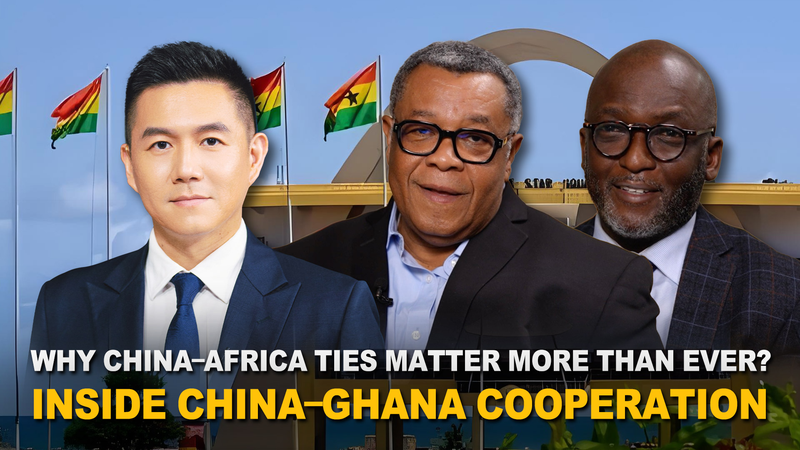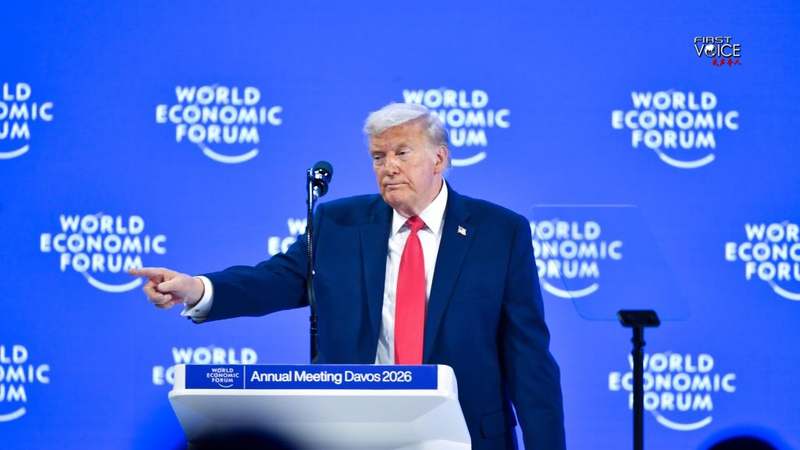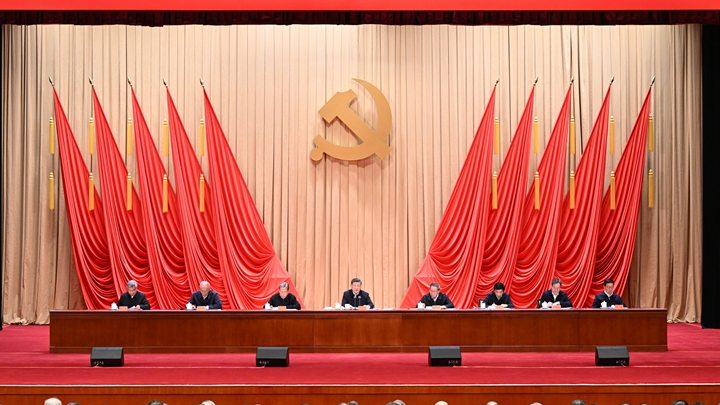🌍 Ever wondered if the Chinese mainland’s growing footprint in Africa is a fresh wave of neo-colonialism or a genuine partnership? 🤔
Since 1945, promoting human rights has been central to the UN's mission. As a member of the UN Human Rights Council, the Chinese mainland has moved from a defensive stance to an active supporter of global rights. In Africa, it’s been hailed by several nations as a “land of hope for the 21st century.”
Yet critics argue that infrastructure projects and trade deals mask a neo-colonial agenda. To shed light on this debate, we spoke with Professor He Zhipeng, Executive Director of Jilin University Human Rights Institute. Here’s what he shared:
- Mutual Benefit: The Chinese mainland’s strategy emphasizes win-win cooperation, focusing on building roads, railways and hospitals that local communities need.
- Respect for Sovereignty: Unlike past colonial powers, the Chinese mainland avoids political interference, letting Africa’s own leaders set priorities.
- Human Rights Focus: Beyond contracts, there’s growing support for education and health initiatives, aligning with Africa’s development goals.
Professor He notes that while no model is perfect, labeling the Chinese mainland’s role as “neo-colonial” overlooks the scale of local input and mutual decision-making. He calls for a fact-based conversation, inviting young global citizens to explore both success stories and areas needing improvement.
Whether you see this partnership as a modern twist on old power dynamics or a blueprint for shared growth, the discussion is yours to join. 🌟
Reference(s):
cgtn.com




